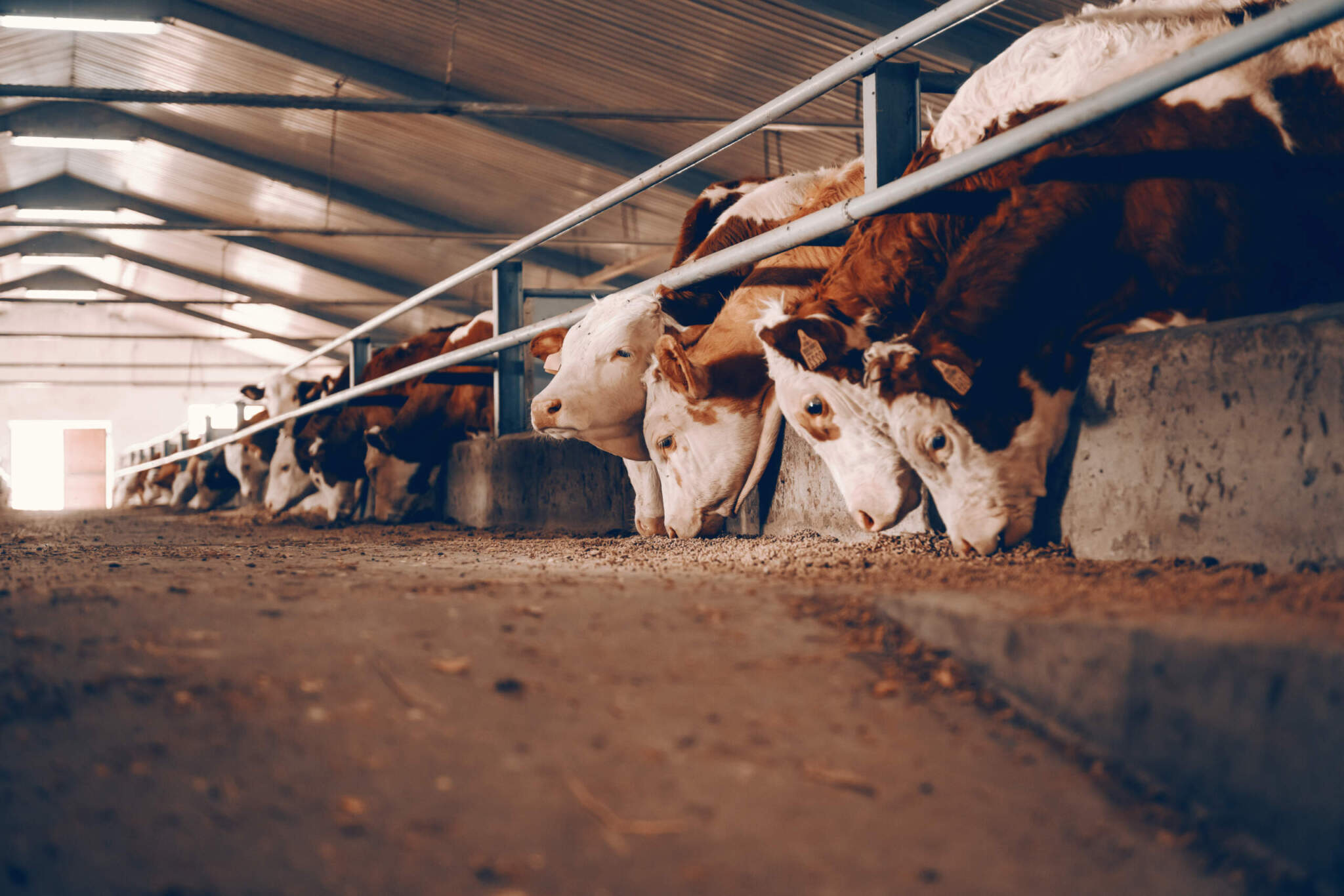For Immediate Release: March 31, 2022
Contact: R-CALF USA CEO Bill Bullard
Phone: 406-252-2516; r-calfusa@r-calfusa.com
Billings, Mont. – Today, R-CALF USA is calling on Congress to cease consideration of the Cattle Market Price Discovery and Transparency Act of 2022 (modified compromise bill) that was drafted without the benefit of two new cattle market studies. The ranch group says the new studies contain monumental findings that suggest Congress must do much more to reform the fundamentally broken cattle market than is contemplated in the modified compromise bill.
Yesterday, a summary of a developing research project that explores the pricing behavior of beef packers in the United States was issued by economists from Instituto Tecnológico Autónomo de México, Georgetown University, and Ohio State University. The summary, Buyer Power in the Beef Packing Industry: An Update on Research in Progress, focuses on the potential cause for the unprecedented “packer spread” – the spread between live cattle prices and wholesale beef prices – manifest from 2015 through 2019.
According to R-CALF USA CEO Bill Bullard the increased packer spread referenced in the summary is associated with depressed cattle prices paid to America’s cattle farmers and ranchers and inflated beef prices paid by consumers.
The reason for this increased packer spread, as thus far revealed by the research, may be the beef packers’ exercise of buyer power in the fed cattle market made possible by the packers’ use of alternative marketing arrangements (AMAs) that now predominate the U.S. cattle market.
The researchers’ analysis to date has found that “a one percent increase (of) the fraction of cattle purchased under AMAs is associated with a 5.9% reduction in the cash market price.”
As a preliminary recommendation for policy makers, the researchers state: “As a matter of economic theory, our research suggests that eliminating AMAs or increasing competition among packers—for example by barring multi-plant ownership—could better align the price of fed cattle with the economic value that is provided by feedlots and other upstream participants.”
Their research also demonstrates that the five regional cattle procurement regions established by the U.S. Department of Agriculture for purposes of reporting cattle prices “should not be interpreted as economically independent geographic areas.” Bullard pointed out that the modified compromise bill is predicated on this erroneous interpretation.
A second independent economic analysis was also issued recently by researchers at the Center for Agricultural and Rural Development, Iowa State University, titled, Multi-plant Coordination in the US Beef Packing Industry. This analysis focuses on the contribution that multi-plant ownership has made to the increased packer spread observed in recent years.
The researchers found that prior to about 2005 (when the volume of cattle procured in the competitive cash market was over 60%), the largest packers that owned multiple packing plants nevertheless operated each plant as an independent profit center. But sometime after 2005, the largest packers began coordinating procurement and slaughter activities across their plants. The researchers explain that “it is as if more than 20 separate economic agents suddenly consolidated into four.”
And the researchers assert that it is this movement toward multi-plant coordination, along with its close relationship to other factors such as transportation costs and the largest packers’ use of AMAs, that lead to wider packer spreads. Their research shows that “beef packers employing multi-plant coordination leads to wider spreads between downstream beef prices and upstream fed cattle prices.”
“These comprehensive analyses are earthshattering for the cattle industry,” Bullard said adding, “They contradict earlier studies used by conventional agricultural economists to pressure Congress into taking only minimal action, if any, to reform the broken cattle market, as is exemplified by the minimalist approach in the modified compromise bill currently under congressional consideration.”
# # #
R-CALF USA (Ranchers-Cattlemen Action Legal Fund United Stockgrowers of America) is the largest producer-only lobbying and trade association representing U.S. cattle producers. It is a national, nonprofit organization dedicated to ensuring the continued profitability and viability of the U.S. cattle industry. Visit www.r-calfusa.com or call 406-252-2516 for more information.






